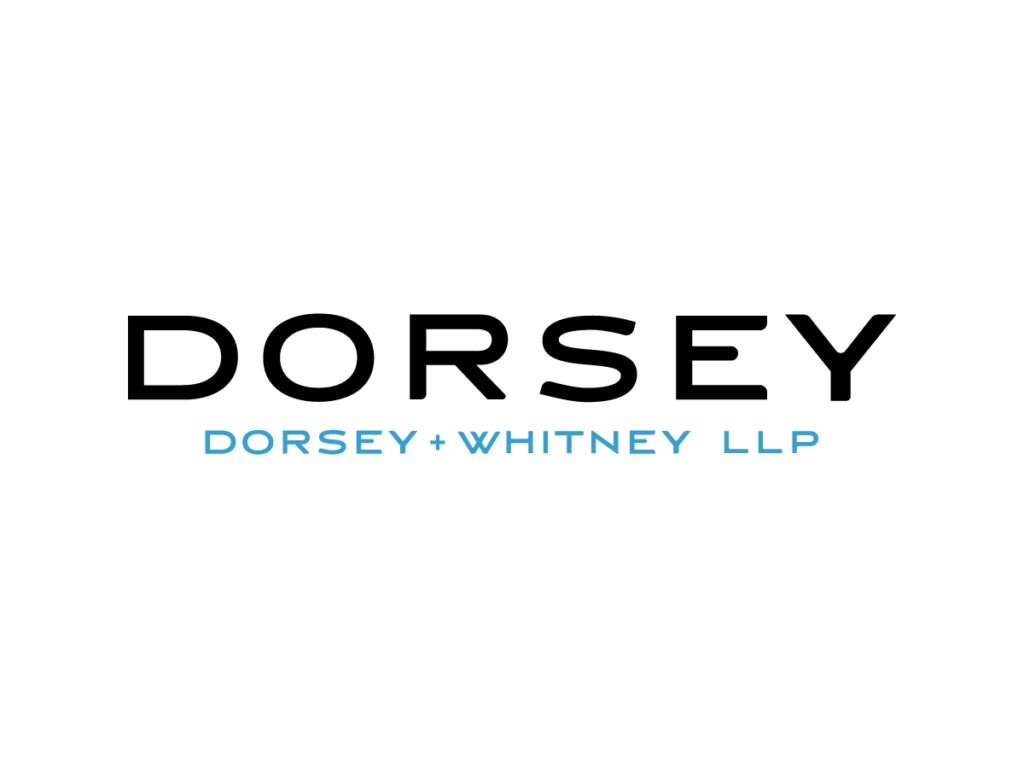Our friendly neighbors in the Great White North are implementing important changes in 2025 with respect to language requirements for trademarks and a new pilot project initiated by the Canadian Intellectual Property Office (“CIPO”) to issue cancellation proceedings against trademark registrations based upon non-use.
Language Requirements
In connection with the Charter of the French Language, the Quebec government has published the final regulation for Bill 96, the details of the initial draft for which are discussed in our prior post. This final regulation, released on June 26, 2024, lightens the requirements with respect to trademark registration, gives more guidance with respect to definitions of wording, and maintains requirements for signs and sizing. The important takeaways are listed here:
- The earlier draft limited an exception for using a non-French trademark on products to allow only registered trademarks to appear on a product exclusively in a language other than French. This has now been expanded to include “recognized marks,” meaning registered or unregistered (common law) trademarks may appear on products without a French translation (so long as there is not a French version registered at the Canadian Intellectual Property Office).
- Clarification has been provided with respect to product descriptions and generic terms. The use of any generic term or product description included with a trademark must be translated into French and permanently displayed on product packaging or on the product itself.
- a “generic term” is the wording used to describe the nature of a product;
- a “product description” is the wording used to describe the characteristics of a product.
- A grace period had been identified to allow for the sale of non-compliant products made before June 1, 2025, to be sold until June 1, 2027. The grace period has been extended also to include products made between June 1, 2025, and December 31, 2025, that were impacted by new federal labeling standards (Food, Drug and Cannabis Regulations).
- With respect to public signs, posters, and commercial advertising, previously the draft regulation made an exception for only registered trademarks to be used in a language other than French on public signs, posters, and commercial advertising. The final regulation now includes an exception for “recognized marks,” which will allow for both registered and unregistered trademarks to appear on public signs, posters and commercial advertising exclusively in a language other than French.
- “Marked Predominance” of French on signs visible from the exterior of commercial premises remains in place. The French text on an exterior sign should be twice the size of text that appears in any language other than French. However, it must also have a greater visual impact than the text in another language. That requirement is met if the section of the sign for the French text is at least twice the size of the space for the text in another language, and the legibility and permanent visibility of the French text is equivalent to the text in another language. This amendment gives greater flexibility to business owners in the creation of their signage, based on total area in which the text appears rather than making the French text twice the size of the text in another language. (For dynamic signs, the impact of the French language is considered greater if it will be visible twice as long as any text appearing in another language.)
There remains a reasonable period of time to come into compliance. These requirements should be taken seriously, as businesses operating in Quebec face penalties and daily penalties for ongoing offenses, which can be directed at both corporations and their directors individually.
Cancellation of Trademark Registrations
CIPO has introduced a new pilot project, which started this month (January 2025). On a monthly basis, the Registrar of Trademarks on its own initiative will issue cancellation proceedings for non-use against trademarks. The selection will be random and will only focus on registrations that have been on the register for more than three years. Owners of the trademark registrations will be required to submit evidence of use of their trademarks for each identified product and/or service. Alternatively, the owner of the trademark registration may submit an explanation for any non-use due to exceptional circumstances. If no evidence of use is accepted and there are no exceptional circumstances for non-use, the registration will be cancelled in whole or in part.
We encourage those with Canadian trademark registrations to ensure their marks are in use in Canada and to track evidence of such use. Doing so will make the job of providing evidence at the request of CIPO a more manageable endeavor.
